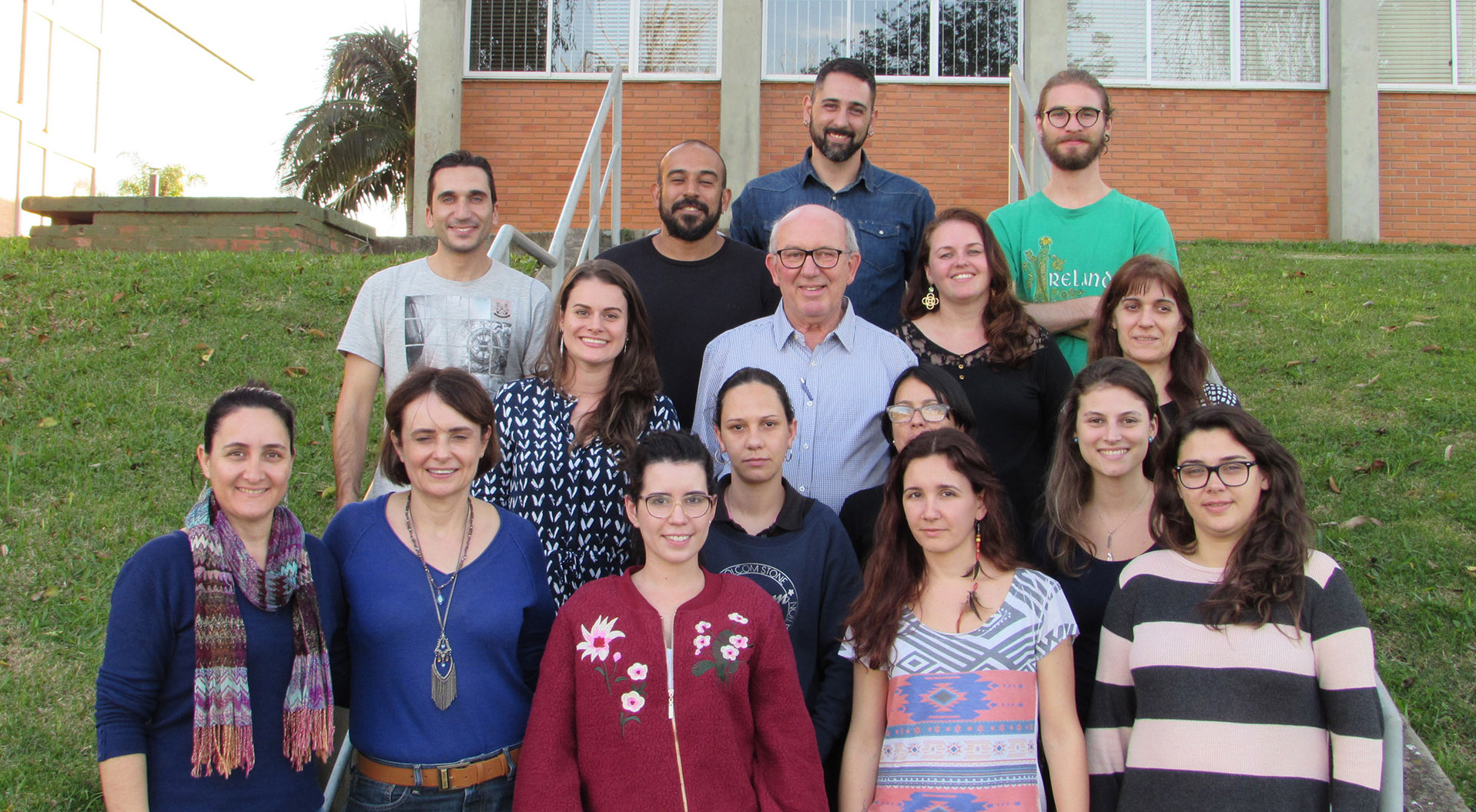From June 26 to 30, the II RCPol Training Course was held in the city of Canoas, at the Lutheran University of Brazil: Palynology, Palinoecology, Paleopalinology and Data Organization.
The course was organized by RCPol in partnership with Ulbra, Canoas Campus, which provided us with the necessary structure to minister and receive all the participants.
The objectives of the course were to enable students, professors and researchers to use the methodology we use to work with pollen grains during acetolysis, to use the RCPol databases, as well as the tools available on our site.
The course was attended by 15 researchers from eight institutions of various fields involved with the palynological theme, such as pollinators, palinoecology, palinotaxonomy, paleopalinology, melissopalinology, etc.
The course was divided into two modules:
The first module was divided into two parts, where we approached themes related to:
- Methods of area study: floristic composition, floral morphology of attractive resources to pollinators, vertical stratification of plants, phenology and spatiotemporal distribution of resources;
- Methods for preparation of exsicates in the herbarium;
- Methods for preparation of pollen material, where we teach the methodology of acetolysis and preparation of plates to be incorporated into reference collections;
- Methods for analysis of fossil samples;
- Methods for organizing a Pollen Collection;
- Methods of analysis of the trophic niche and plant-pollinator interaction.
Module II was opened to the public and we presented in detail the structure of RCPol:
- We talked about what RCPol is.
- What types of data are needed to insert data into our databases.
- Data organization methods in Google Docs spreadsheets.
- What is data completeness and data quality.
- How is the functionality of Interactive Keys systems for species identification?
- What to do to be a collaborator of RCPol.


You must be logged in to post a comment.